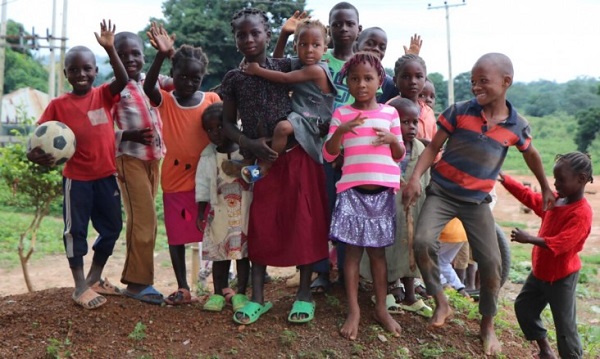
A new report by the United Nations Children’s Fund (UNICEF) has claimed that at least 2.2 million children in Nigeria have not received any routine vaccines, also known as “zero-dose”. Routine immunisation is a critical process that provides immunity to various diseases and the increasing under-five mortality rate in Nigeria makes it even more essential.
UNICEF’s chief of health in Nigeria, Dr. Eduardo Celades disclosed to journalists in Abuja that despite the country’s efforts, the number of unvaccinated children remains high, with India being the only country with a larger number of zero-dose children. Nigeria’s immunisation programme recognises various vaccines for routine immunisation, such as BCG, OPV, DPT combination, Hepatitis A and B, measles, Yellow fever and supplemental vitamin A.
Celades reported that in 2022, Nigeria’s measles cases were more than double the previous year’s total. Globally, 67 million children missed out on routine vaccinations between 2019 and 2022, with 48 million not receiving a single routine vaccine. Celades warned that vaccine confidence is volatile and time-specific, and the benefits of vaccines can only be fully realised when children receive all recommended doses on time.
The report cited several reasons for the low immunisation rate, including fear of side effects, lack of knowledge or information, service delivery issues, mistrust or fears and distance to immunisation sites.
Even in states with well-performing immunisation programs, there were pockets of unreached or hard-to-reach populations, requiring special efforts. Celades noted that strengthening routine immunisation systems and services is critical to achieving high coverage and reaching national and community disease-eliminating targets in Nigeria.
The pandemic has worsened the situation, with children born before or during the pandemic missing out on their routine vaccinations, making it necessary to take urgent action to catch up on those missed vaccinations and prevent deadly disease outbreaks. The report calls for urgent action to address the challenges faced by the programme, such as distrust in the government, poor cold-chain management and poor communication.
In conclusion, the report highlighted the urgent need to improve routine immunisation coverage in Nigeria and catch up on missed vaccinations. It stresses the importance of strengthening immunisation systems and services to achieve high coverage and reach national and community disease-eliminating targets.
Finally, it called for the concerted effort of all stakeholders to ensure that every child in Nigeria receives all recommended vaccinations on time.

